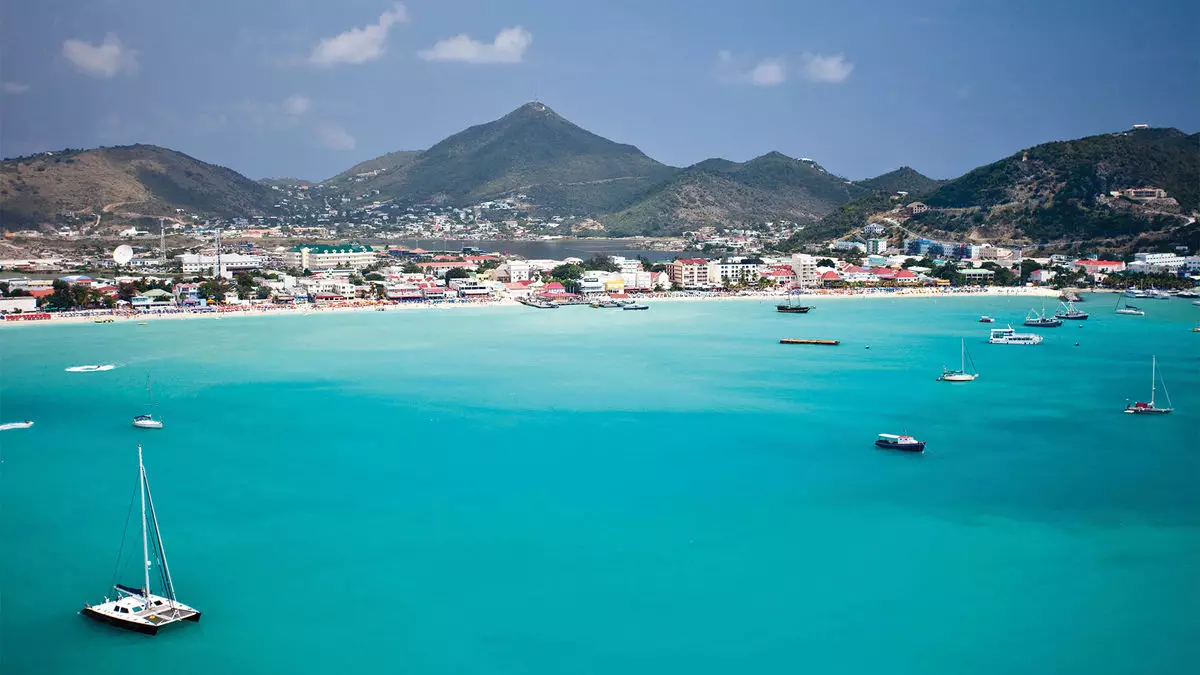In the aftermath of adversity, the Caribbean finds itself grappling with a formidable challenge: perception. One might assume that natural disasters or crises would solely impact a region’s physical infrastructure, but the reality is more complex. Misinformation can easily lead potential travelers to believe that an entire island is in ruins, even when only specific areas are affected. This misrepresentation poses a dual threat, not just to tourism but also to the economy, as misconceptions can deter visitors who would otherwise boost recovery efforts.
Nicola Madden-Greig, a significant voice in the field, highlights that the slow rebound of tourism is often less about the on-ground conditions and more about how these conditions are perceived. This issue underscores the urgent need for transparent, efficient communication. By shifting the narrative around a crisis, the industry can foster trust and prompt more accurate perceptions of affected regions. The challenge lies in the ability to effectively communicate updates and safety measures to diverse stakeholders, including travel advisors, media, and potential tourists.
Embracing Technology for Real-Time Updates
The innovative deployment of technology is playing a crucial role in addressing misinformation and rebuilding traveler confidence. Jamaica, for instance, has adopted AI-powered chatbots on its VisitJamaica.com platform. These chatbots serve as real-time information hubs, mitigating the effects of misinformation by providing accurate and timely updates about conditions on the island. Such advancements exemplify how the tourism sector can leverage technology not just for marketing, but as a tool for crisis management.
Experts like Steven Defontes stress that during a crisis, the tourism industry must rapidly adapt its communication strategy. By addressing safety transparently and proactively, the industry can present a more complete picture of what a trip to the Caribbean entails. Marketing messages should pivot to reflect current realities, incorporating details on safety measures while also promoting volunteer efforts or alternative attractions. The incorporation of influencers and journalists into the communication strategy serves to lend credibility, allowing for a more authentic portrayal of accessible areas that are unaffected by crises.
The Power of Authenticity in Crisis Communication
In today’s digital age, travelers crave authenticity more than ever. They are less swayed by traditional advertisements, seeking instead genuine insights into destinations. During times of crisis, the power of social media influencers and real-life testimonials becomes increasingly relevant. Travelers want to know what experiences await them and how their safety is prioritized. Thus, an industry-wide shift towards more authentic marketing, showcasing real-time conditions, can significantly shape perceptions and encourage bookings.
Travel advisors emerge as crucial mediators in this communication process. Rather than relying solely on generic messages from tourism boards, advisors can provide nuanced insights based on firsthand knowledge of resilience strategies. By emphasizing disaster preparedness and sustainable tourism practices, they can reassure clients about travel to regions previously affected by disasters. This approach not only addresses fears and concerns but also highlights industry efforts to foster long-term environmental and economic health.
Revitalization in the Face of Adversity
A striking example of effective crisis communication and revival is Puerto Rico. Despite facing catastrophic storms in 2017, the island remarkably rebounded, witnessing record visitor arrivals by 2021. The secret? A robust campaign by Discover Puerto Rico to transparently communicate the island’s rebuilding efforts, coupled with its openness to U.S. travelers during the pandemic. This strategic narrative shift not only restored confidence but also positioned Puerto Rico as a resilient destination, capable of overcoming adversity.
The journey to recovery is undoubtedly complex, but this case study illustrates that when the Caribbean embraces transparency, collaboration, and innovation, it can successfully shift negative perceptions. The tourism industry must prioritize authentic storytelling, leveraging technology and the influence of trusted voices to ensure that travelers receive an accurate representation of the islands. Addressing these challenges head-on will ultimately empower the Caribbean to restore its reputation and thrive amidst adversity.
In a world increasingly intertwined with digital narratives, it becomes crucial for stakeholders in the Caribbean to remain vigilant in controlling the conversation. The future of tourism hinges not solely on improving infrastructure but on managing perceptions with the same vigor and ambition. The road to recovery and resilience is paved with clarity, authenticity, and a commitment to building a safe and welcoming environment for travelers worldwide.

